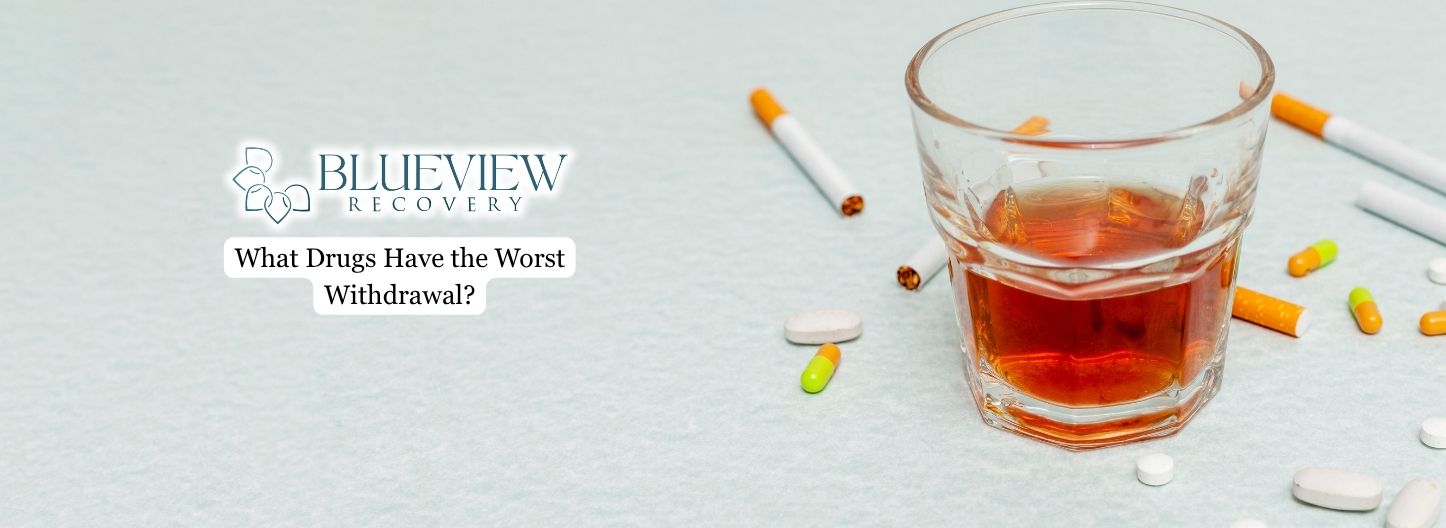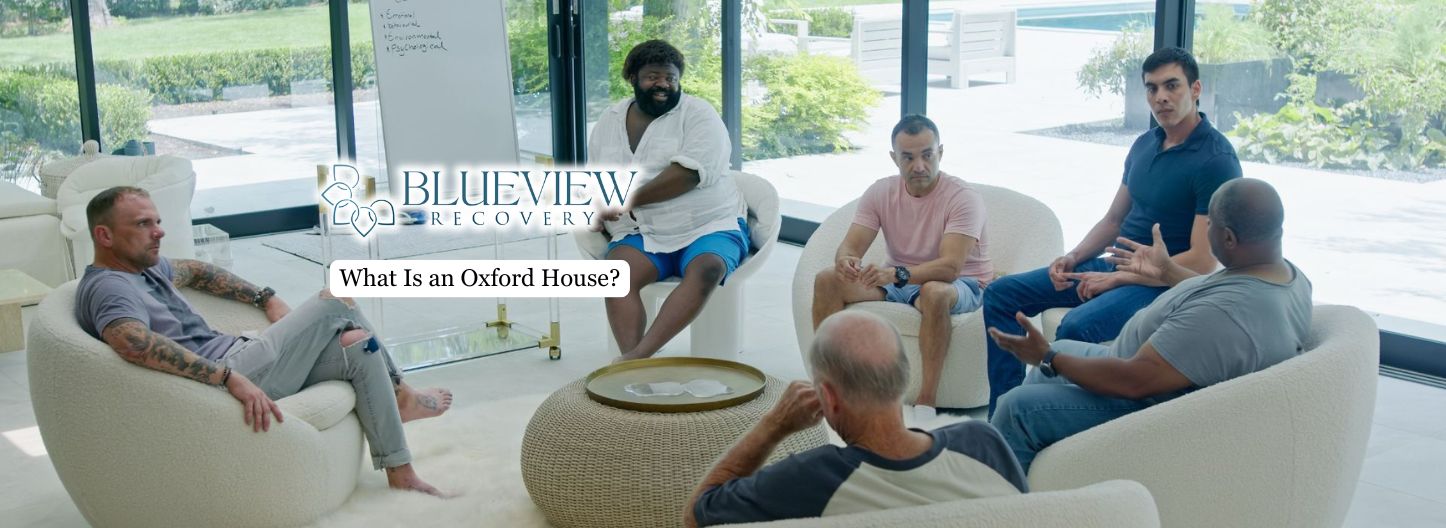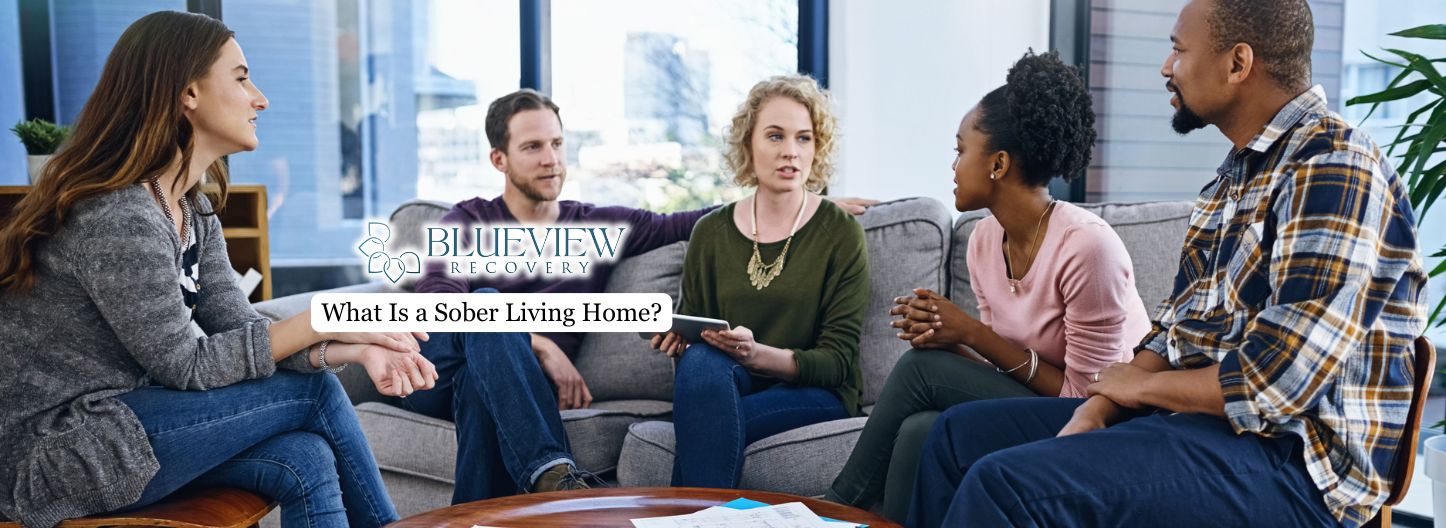Finding the right approach to addiction treatment can feel overwhelming, especially with the variety of options available. Being aware of all the different treatment modalities can help individuals and families navigate the recovery process with greater confidence.
In this guide, we will examine various evidence-based therapies used in addiction treatment, providing insight into how they work and what to expect from a comprehensive recovery plan.

Behavioral Therapies in Addiction Treatment
Behavioral therapies are among the most widely used treatment modalities for addiction recovery and are an essential part of many addiction treatment programs. These approaches help individuals recognize negative thoughts and behaviors while developing coping skills to maintain sobriety.
Cognitive Behavioral Therapy (CBT) is a widely used technique in addiction treatment. CBT helps individuals identify triggers, challenge negative thought patterns, and develop healthier coping strategies. Studies have shown that CBT is effective in reducing relapse rates and improving long-term recovery outcomes. Dialectical Behavior Therapy (DBT) is another form of behavioral therapy that focuses on emotional regulation and mindfulness, making it particularly beneficial for those with co-occurring mental health conditions such as borderline personality disorder.
Motivational Interviewing (MI) is another behavioral therapy that helps individuals struggling with addiction by strengthening their motivation for change. Motivational interviewing is often incorporated into both individual therapy sessions and group therapy sessions to ensure individuals receive comprehensive support. This therapy involves working with a counselor to address ambivalence toward unhealthy behaviors and develop a personal commitment to recovery.
Medication-Assisted Treatment (MAT)
Medication-assisted treatment (MAT) combines behavioral therapies with medications to support addiction recovery. This treatment approach is especially effective for individuals struggling with opioid or alcohol use disorders.
Medications such as methadone, buprenorphine, and naltrexone are commonly used in opioid addiction treatment. These medications help reduce withdrawal symptoms and cravings, allowing individuals to focus on behavioral therapies and lifestyle changes. Similarly, medications like disulfiram and acamprosate are used to treat alcohol use disorder by discouraging alcohol consumption and stabilizing brain chemistry.
MAT is particularly beneficial for those at high risk of relapse, as it provides additional support during the early stages of recovery. This approach is commonly used in addiction treatment programs to help individuals manage withdrawal symptoms and focus on long-term recovery. However, it is most effective when combined with counseling and behavioral therapies tailored to each individual’s needs.
Holistic Approaches to Addiction Treatment
Holistic treatment focuses on healing the mind, body, and spirit. These approaches complement traditional therapies and provide additional support for individuals in recovery.
Some common holistic therapies include yoga, meditation, and acupuncture, which help reduce stress and improve emotional well-being. Exercise and nutrition therapy also play a significant role in recovery by promoting overall physical health and stabilizing mood.
Equine therapy and art therapy are alternative therapeutic modalities that encourage emotional expression and personal growth. These methods help individuals develop self-awareness, manage complex emotions, and improve communication skills in a supportive environment. Holistic treatments provide individuals with additional tools to maintain sobriety and improve their quality of life beyond traditional addiction treatment.

12-Step Programs and Peer Support Groups
Twelve-step programs such as Alcoholics Anonymous (AA) and Narcotics Anonymous (NA) provide a structured and supportive environment for individuals in recovery. These programs emphasize surrendering to a higher power, engaging in personal reflection, and building a strong support network.
Peer support groups are an essential part of the recovery journey, offering encouragement from others who have faced similar challenges. Having a support system in place reduces the risk of relapse and provides a sense of accountability. Support groups foster community and shared experiences, which help individuals navigate the challenges of long-term recovery.
Personalized Treatment Plans for Long-Term Recovery
Every individual struggling with addiction has unique needs, which is why personalized treatment plans are essential. Addressing substance use disorder through a combination of therapies ensures individuals receive the right level of care tailored to their specific challenges. Comprehensive treatment plans often involve a combination of behavioral therapies, medication-assisted treatment, holistic approaches, and peer support.
Effective treatment addresses the psychological and emotional aspects of addiction while also focusing on relapse prevention. Relapse prevention strategies include identifying high-risk situations, learning coping mechanisms, and participating in ongoing therapy. Structured outpatient or inpatient programs provide a continuum of care that supports individuals through every stage of recovery.
Final Thoughts from Blueview Recovery
At Blueview Recovery, we recognize that addiction treatment is not one-size-fits-all. Our addiction treatment in King of Prussia offer a variety of modalities tailored to meet the individual needs of those seeking recovery. By integrating behavioral therapies, medication-assisted treatment,, and peer support, we provide a comprehensive and effective path to sobriety. Whether you or a loved one is struggling with addiction, our evidence-based treatment services offer the support needed to achieve lasting recovery.





